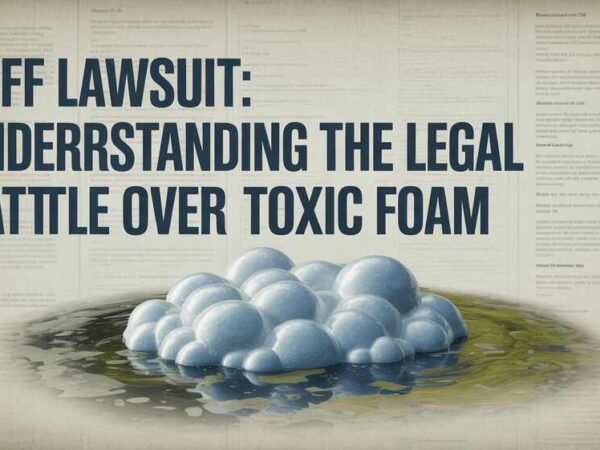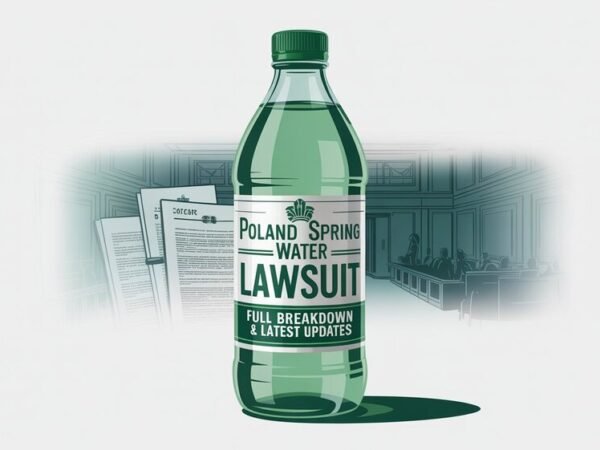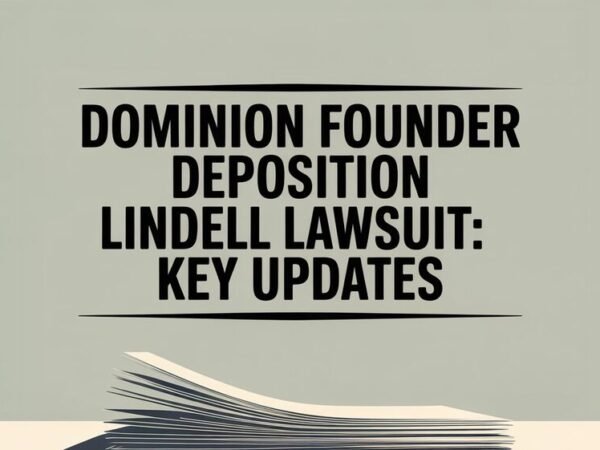Introduction to the Baby Reindeer Lawsuit
The “baby reindeer lawsuit” has become one of the most talked-about legal battles in the streaming world, capturing public attention for its complex blend of art, real-life inspiration, and legal boundaries. Netflix’s dark British drama Baby Reindeer, which premiered to critical acclaim, is now entangled in a major defamation lawsuit that challenges creators’ ability to adapt personal stories. While the series was celebrated for its raw emotional storytelling, it is now facing a lawsuit in 2025 brought forth by a woman claiming the story unlawfully resembles her real-life identity.
Who Is Fiona Harvey? The Woman Behind the Legal Battle
A Scottish woman, Fiona Harvey, has publicly identified herself as the inspiration for the character “Martha” in Baby Reindeer. She alleges that the portrayal was so specific and damaging that it amounted to defamation, despite Netflix’s inclusion of a disclaimer noting the fictionalized elements of the show. Harvey’s lawsuit asserts that Richard Gadd, the show’s creator and the leading actor, used his platform to paint her as an obsessive and dangerous stalker, resulting in severe emotional distress and public harassment. Her identity was never directly revealed in the show, but Harvey claims the portrayal was detailed enough for people to connect the dots easily.
Defamation Claim: Core of the $170 Million Lawsuit
At the center of the baby reindeer lawsuit is a $170 million defamation claim filed in U.S. federal court. Fiona Harvey contends that Netflix and Richard Gadd intentionally depicted her in a false and harmful light. She argues that key elements of her life were used without consent and manipulated for dramatic effect. The character of Martha is portrayed as mentally unstable and criminally obsessive, traits that Harvey vehemently denies. According to the suit, this portrayal has led to online abuse, death threats, and irreversible damage to her reputation. Harvey’s legal team states that the depiction was careless and malicious in its intent, exploiting her real-life circumstances for entertainment and profit.
Netflix’s Response to the Baby Reindeer Allegations
Netflix has responded to the allegations with a strong defense, emphasizing its commitment to storytelling and artistic freedom. The streaming giant argues that Baby Reindeer is a semi-fictional narrative that does not explicitly identify actual individuals. Netflix maintains that it included appropriate disclaimers at the beginning of the series and throughout its promotional material. The company contends that allowing such lawsuits to proceed could have a chilling effect on storytellers worldwide. Nonetheless, the backlash has put Netflix under immense scrutiny, forcing the platform to reconsider its policies around biographical storytelling and factual accuracy.
Richard Gadd’s Role and Public Response
Richard Gadd, who wrote and starred in Baby Reindeer and based the storyline on his traumatic experiences, has been a central figure in the public discourse surrounding the baby reindeer lawsuit. In interviews and statements, Gadd explained that the show is a deeply personal narrative that reflects his healing process. He insists that creative liberties were taken to anonymize real individuals and that the show is not intended as a documentary. Despite his explanations, Gadd has faced criticism and legal jeopardy, with many questioning whether he did enough to protect the privacy of those involved in his real-life story.
Key Court Decisions and Legal Milestones
The legal timeline of the baby reindeer lawsuit has been dramatic. In June 2024, Fiona Harvey officially filed the lawsuit in California, seeking $170 million in damages. By September 2024, U.S. District Judge R. Gary Klausner ruled that the defamation claim against Netflix could move forward, rejecting Netflix’s motion to dismiss the case entirely. The judge dismissed some of Harvey’s claims, such as negligence and punitive damages, but found enough merit in the defamation allegation to warrant further legal review. This ruling has paved the way for what could become a landmark case in entertainment law. The judge also criticized Netflix’s use of the “true story” label, suggesting it could mislead audiences into believing every detail depicted was factual.
Media Buzz and Public Controversy
The baby reindeer lawsuit has sparked a firestorm of media coverage and public debate. Major news outlets, social media influencers, and legal analysts have weighed in on the case, sharply dividing opinions. Some argue that Fiona Harvey has a legitimate case, especially given the specific nature of the portrayal. Others defend Richard Gadd and Netflix, citing the importance of artistic freedom and the right to tell personal stories. The controversy has fueled thousands of online discussions and think pieces, turning Baby Reindeer from a dramatic hit into a legal and ethical lightning rod. Public sentiment remains mixed, and both parties have seen their reputations heavily scrutinized.
Legal Ramifications for Biographical Dramas
This case could set a precedent for how true-story adaptations are handled in the entertainment industry. If Harvey’s lawsuit succeeds, streaming platforms and creators could rethink how they portray real-life individuals, even when those portrayals are fictionalized. Legal experts warn that a win for Harvey could open the floodgates to similar lawsuits, fundamentally altering the creative process behind biographical dramas. Studios must rigorously secure consent, employ stricter fact-checking, or implement more robust anonymization practices to avoid legal liability. The entertainment world is watching closely as the outcome could redefine the boundaries between storytelling and defamation.
What Happens Next? The Future of the Baby Reindeer Lawsuit
As of April 2025, the baby reindeer lawsuit remains active, with a trial expected to proceed later in the year. Legal teams on both sides are preparing for a potentially long and complex courtroom battle. Upcoming hearings will determine whether additional claims can be added and whether new evidence can be introduced. The case has already impacted how platforms like Netflix approach content labeling, with some series now featuring more prominent disclaimers. Observers predict that even if Harvey does not win the full damages, the lawsuit could lead to policy changes within the industry regarding ethical storytelling and legal accountability.
Conclusion: Why the Baby Reindeer Lawsuit Matters
The baby reindeer lawsuit is more than just a legal conflict between an individual and a streaming giant; it reflects the evolving tension between personal narrative and public responsibility. It challenges creators to consider the ethical consequences of blending fact with fiction, significantly when real lives may be affected. For audiences, it raises crucial questions about the media we consume and the stories we believe. Whether Fiona Harvey ultimately wins or loses her case, the lawsuit has profoundly impacted how stories based on actual events are approached in film and television. As the entertainment industry continues to navigate this complex terrain, the outcome of this case could define the standards for years to come.
Do Read: Indiana Mesothelioma Lawyer – Vimeo Legal Resources Guide













